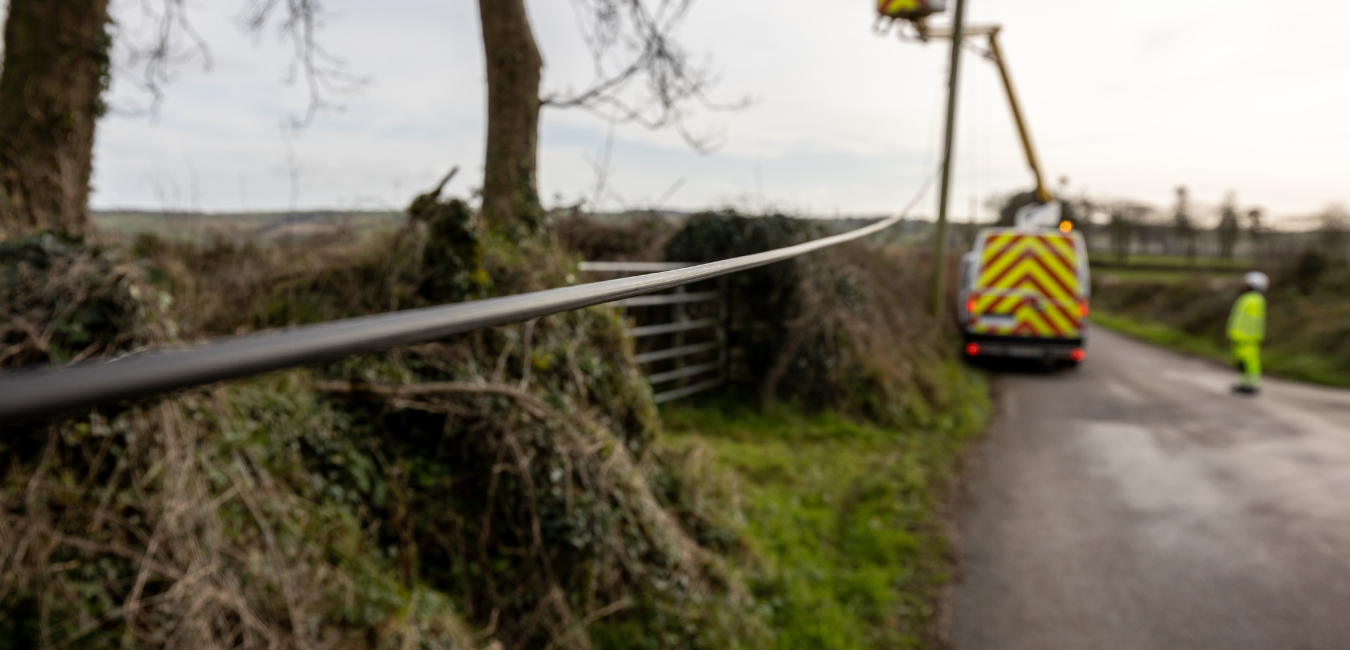Have you moved house, and need a new broadband provider? Or maybe you’ve heard there are better deals available than what you’ve currently got. Or – perhaps the National Broadband Plan has made it possible for your home to enjoy a high-speed fibre connection. Whatever your situation, it’s important to find out as much information as possible before booking a call-out from a supplier. This can be tricky though when you’re not fluent in broadband jargon! Luckily, that’s where we come in.
We’ve pulled together a handy checklist of questions that will ensure you make an informed decision and help avoid that awkward brain blank on the phone! Ideally, you find a plan that works with your lifestyle, whether you work from home, love gaming or just want to stream the best TV shows and live sports. The following questions should help you discover exactly what you’re getting before signing on that dotted line. From speed and reliability to pricing and customer support, our checklist has got you covered.
1. What speed can I expect?
Though fibre is faster than traditional broadband (find out more), lots of different factors can affect what speed internet runs through your home – the number of devices you want to run off it, bandwidth congestion, and even the thickness of your walls. Chat to your neighbours about their experiences; they’ll likely be able to make some recommendations. And if you’re interested in fibre, don’t forget to check with the provider if they can connect you through the NBI network.
2. What bundles are available?
Most providers offer an array of packages including internet, TV, mobile and landline. You’ll usually be able to avail of a very attractive introductory rate, but make sure you find out how much your bundle will cost after that initial period expires. There are lots of options, so you need to find what’s right for you!
3. What’s the maximum upload and download speeds I can expect?
Always a good one to ask, though important to again note that various elements within your home may have an impact. Full fibre facilitates fast upload speeds (great if you’re a gamer or need to do lots of virtual meetings or calls from home). Generally, avid gamers require a minimum of 20MB to avoid the dreaded lag. Working from home – including virtual calls, uploading files etc., can require anything from 25 – 100MB, depending on how many of you there are working simultaneously.
4. Will my neighbours’ usage affect my bandwidth?
If you’re opting for traditional broadband, your provider will physically converge yours and your neighbours’ connection at some point. This means their usage could affect your internet speed, so be sure to ask what the impact is likely to be. One of the many perks of fibre is that it doesn’t face this restriction; as the connections don’t converge, you won’t be impacted by your neighbours’ streaming preferences!
5. Are there data limits?
Lots of providers offer unlimited data, but this may be subject to a ‘fair usage policy’. It’s worth asking your provider to explain exactly what their fair usage policy – if they have one – entails.
6. Are there any additional fees I should be aware of?
Pesky additional fees are often hidden in small print. These may include charges relating to installation, over usage of data, service or cancellation.
7. How long does the installation process take, and what do I need to do?
Installing internet in a new home can take up to two weeks, as your provider needs to set up a brand new line into your home. If there’s a line there already, the process should be more straightforward. Ask your provider for a timeline though, as they may need to install specific cables or access points before they can give you your new router.
If you’re interested in full fibre but aren’t sure if your town or village is part of our rollout area, check out our handy interactive map. You can also enter your details here to be kept up to date on our progress; if you’re in the rollout, we’ll update you specifically in relation to your premises.

